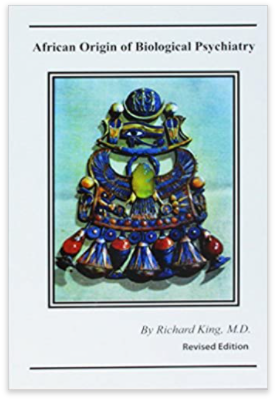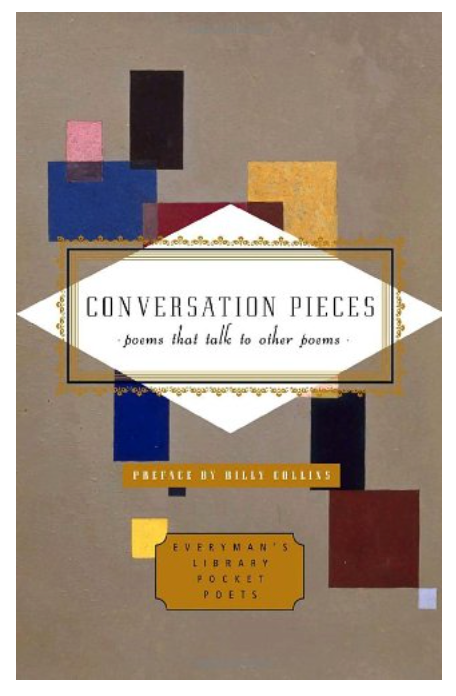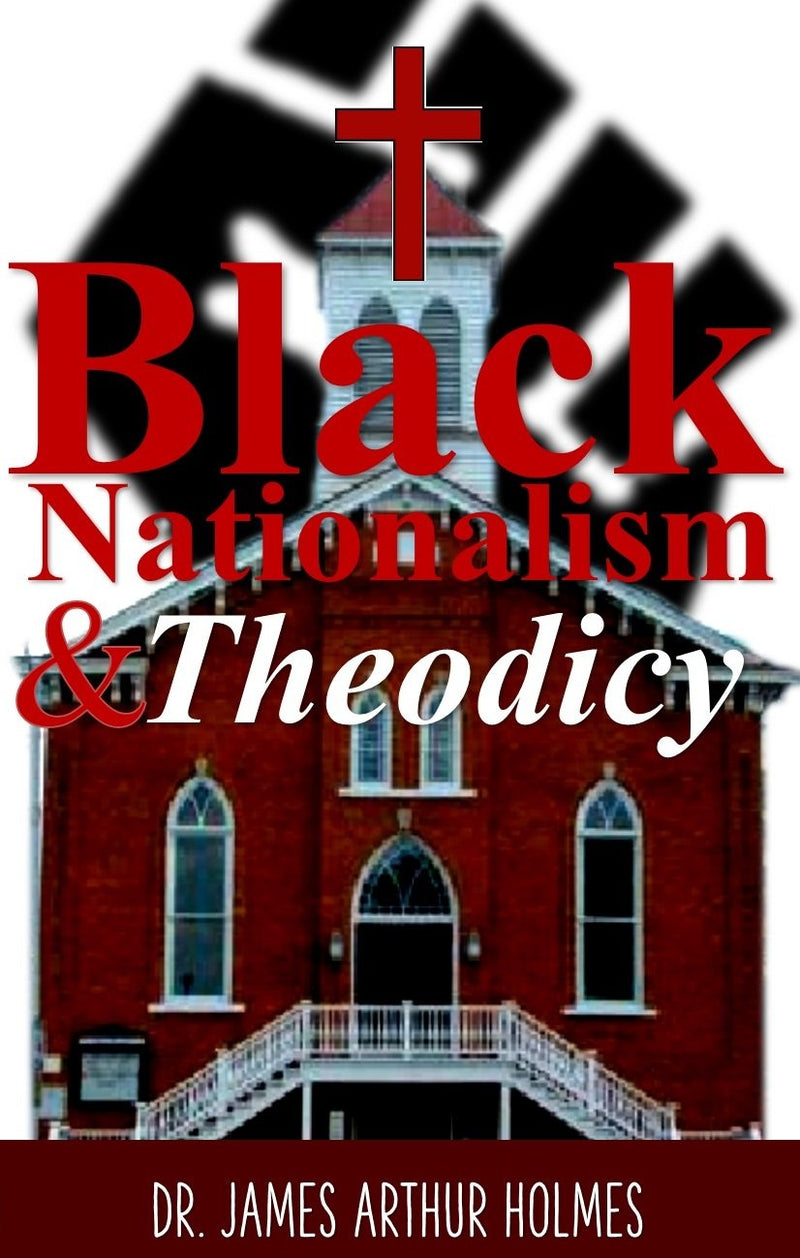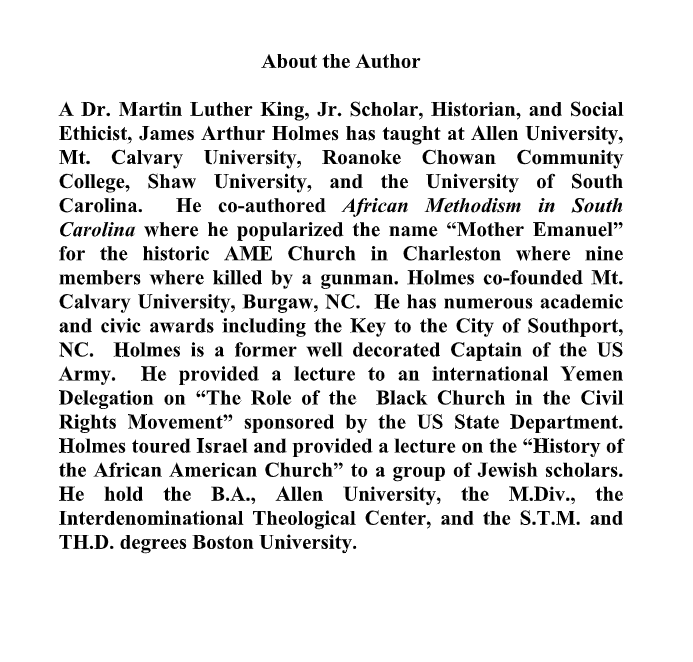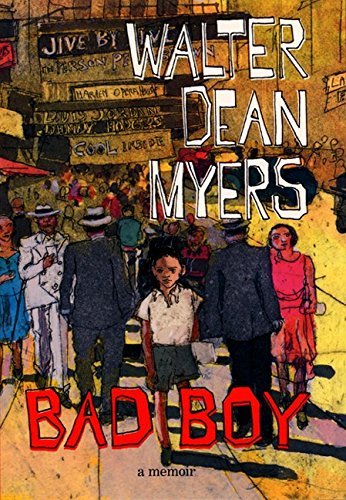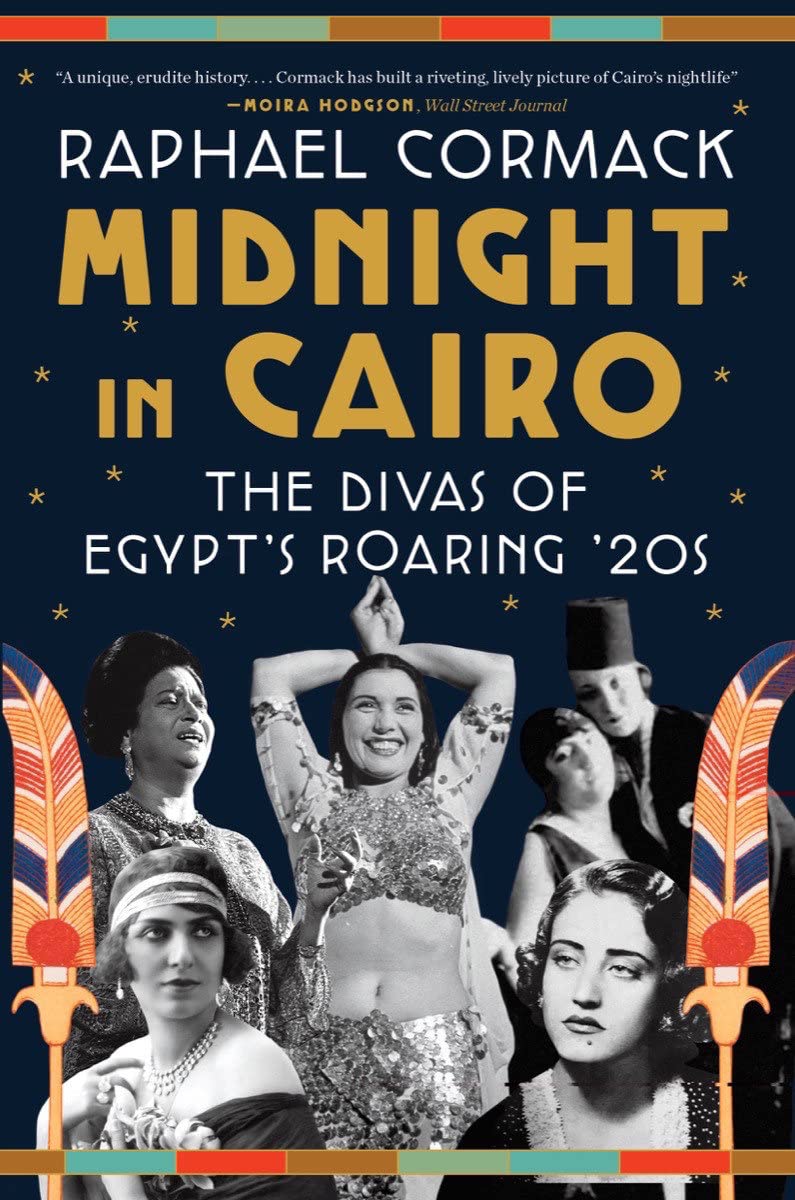Emperor Hirohito: The Life and Legacy of Japan's Ruler during World War II
ISBN: 9781652325246
*Includes pictures
*Includes a bibliography for further reading
“It was not clear to me that our course was unjustified. Even now I am not sure how historians will allocate the responsibility for the war.” – Emperor Hirohito
The man known to most of the world as Emperor Hirohito ruled during some of the most tumultuous years in Japanese history. When he came to the throne in 1926, he inherited control of a country which had only recently emerged as a major industrial and world power, and through the aggressive expansion and wars of the 1930s, Hirohito was at the head of one of the world’s foremost powers. Throughout the maelstrom of World War II, he remained in power, a distant and, to most outsiders, inscrutable factor in the rise of the Japanese Empire.
Before and during the war, many people in America and elsewhere believed that Emperor Hirohito was at least partly responsible for both the confrontational Japanese approach to foreign affairs, and for the often brutal conduct of the Japanese armed forces during the wars which followed. As such, when the war ended, there were plenty of calls for the emperor to be indicted for war crimes along with other senior figures in Japan. However, a new feeling emerged at that time, suggesting that in reality Hirohito had been little more than a figurehead taken along by a tide of militarism, helpless to intervene or influence the course of events.
*Includes a bibliography for further reading
“It was not clear to me that our course was unjustified. Even now I am not sure how historians will allocate the responsibility for the war.” – Emperor Hirohito
The man known to most of the world as Emperor Hirohito ruled during some of the most tumultuous years in Japanese history. When he came to the throne in 1926, he inherited control of a country which had only recently emerged as a major industrial and world power, and through the aggressive expansion and wars of the 1930s, Hirohito was at the head of one of the world’s foremost powers. Throughout the maelstrom of World War II, he remained in power, a distant and, to most outsiders, inscrutable factor in the rise of the Japanese Empire.
Before and during the war, many people in America and elsewhere believed that Emperor Hirohito was at least partly responsible for both the confrontational Japanese approach to foreign affairs, and for the often brutal conduct of the Japanese armed forces during the wars which followed. As such, when the war ended, there were plenty of calls for the emperor to be indicted for war crimes along with other senior figures in Japan. However, a new feeling emerged at that time, suggesting that in reality Hirohito had been little more than a figurehead taken along by a tide of militarism, helpless to intervene or influence the course of events.








